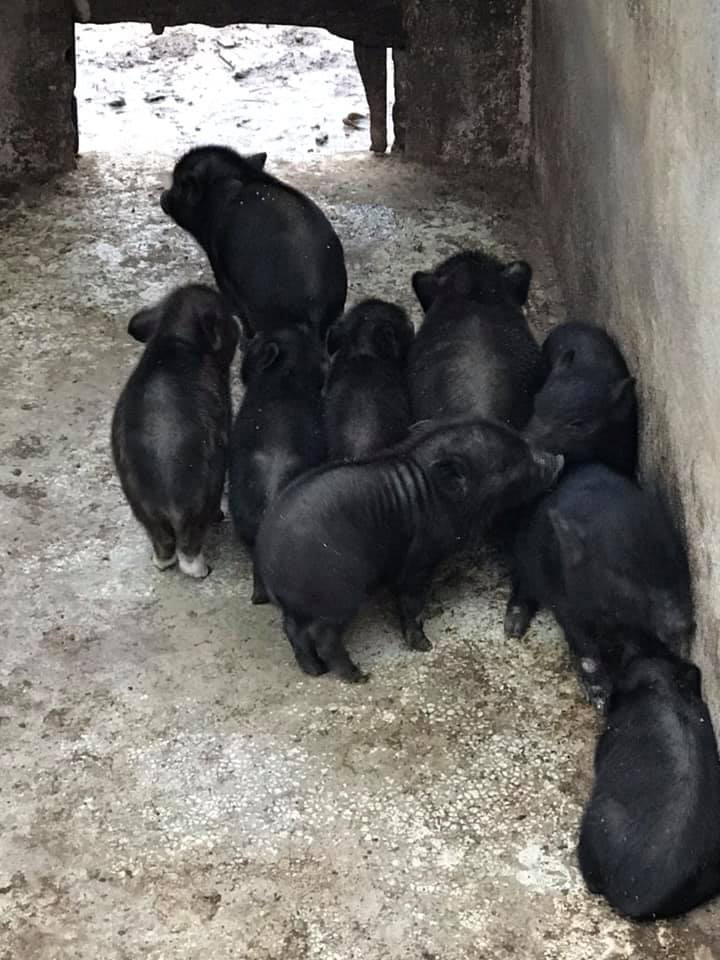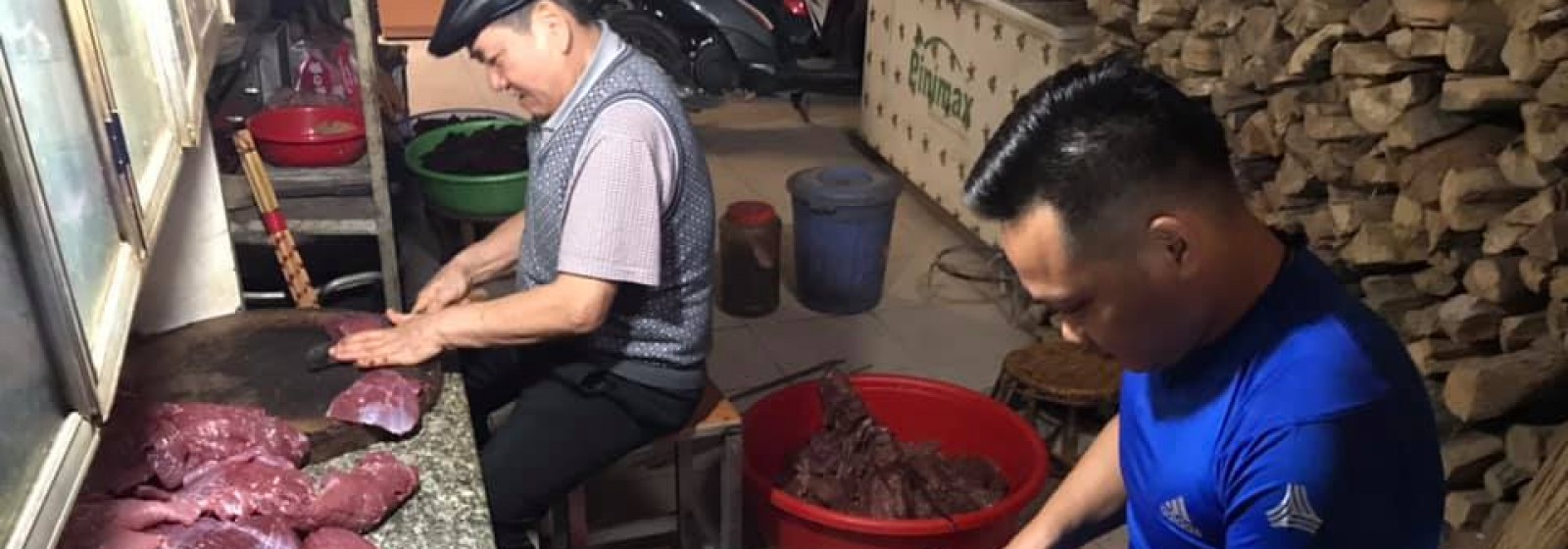The CGIAR Research Program on Livestock (Livestock CRP) recently launched a new project in Son La Province, in the northwest highland region of Vietnam. This research-for-development project will promote and scale up livestock-based technologies to generate better livelihoods for livestock keepers, with a particular focus on ethnic minorities. In addition to scaling up technologies, researchers will develop additional options to enable market linkages for local livestock products and lessen negative impacts of livestock production on the environment.
Why the northwest
Northwest Vietnam is home to a large proportion of ethnic minority people, where poverty levels are traditionally high. Livestock in these areas are an important source of livelihoods, accompanied by pressing environmental, market and production problems. The target province of Son La is the largest mountainous province in the region, covering 1.4 million hectares. The total population of one million people is comprised of 12 ethnic groups: 55% Thai, 18% Kinh, 12% H’mong, 8% Muong and 7% others – all of whom are considered some of the most vulnerable groups in Vietnam.
The ‘Livestock-led interventions towards equitable livelihoods and improved environment in the northwest highlands of Vietnam’ is one of four priority country programs under the Livestock CRP that will run for two and half years (2019-2021). The goal is to stimulate system transformation covering livelihoods, environment, equity, and market access to improve the livelihoods of highland farming communities in northwest Vietnam through an integrated package of livestock-based interventions. Leading the program is Sabine Douxchamps, country program leader from the International Center for Tropical Agriculture (CIAT), with strong support from Hung Nguyen, Southeast Asia representative for the International Livestock Research Institute’s (ILRI), and his team.
About 3,000 rural households from the two communes of Chieng Chung and Chieng Luong in Mai Son district will benefit from interventions in three types of farming systems – lowlands, midlands and highlands.
National partnerships
In a consultation workshop held in November 2019, the research team and national partners from National Institute of Animal Science (NIAS), National Institute of Veterinary Research (NIVR), and Mai Son Agriculture Division jointly agreed on several livestock-led interventions. These included genetics improvement through the use of community-based artificial insemination for Ban (local) pigs; capacity development for local vet on animal disease diagnostic and treatment; testing feed and forage options for different farming systems; minimizing negative impacts on the environment through better nutrient management; and inclusive market-based solutions to safeguard rural livestock production.

Further meetings have since taken place in December 2019 between Hung Nguyen, Tu Mai and Thinh Nguyen–Livestock CRP researchers from ILRI and CIAT–and Son La officials to strengthen existing engagements and explore new opportunities to support livestock development in the province. During a field visit later in the motnh, the ILRI-CIAT research team also met with leaders of Sub-Department of Animal Husbandry and Aquaculture Son La, Center for Agricultural Service, Mai Son district, and Division of Agriculture, Mai Son district, and People Committees of two selected communes Chieng Chung and Chieng Luong, Center for Northwestern Agro-forestry Research and Development (NOMAFSI), and Northwest University of Vietnam.
As part of the field trip, a training on Rural Household Multi-Indicator Survey (RHoMIS) – a popular tool worldwide for characterizing farm households and for monitoring and evaluating project interventions – took place from 25-27 December. Ten numerators from NOMAFSI participated in the training, who will collect data for a baseline survey that will be conducted in February that will be used afterward to refine the selected project interventions.
National partnerships are a critical success factor for this program. ‘We are thankful to all national programs for their collaboration, says Hung Nguyen. “Working together with partners, we are strongly committed to taking action to benefit smallholder farmers, especially ethnic people, both men and women.”
The project is coordinated by the International Center for Tropical Agriculture (CIAT) and the International Livestock Research Institute (ILRI), in partnership with Swedish University of Agricultural Sciences (SLU), NIAS, NIVR, NOMAFSI, Department of Agriculture and Rural Development of Son La Province, Mai Son Agriculture Division, Mai Son Agriculture Service Center.
